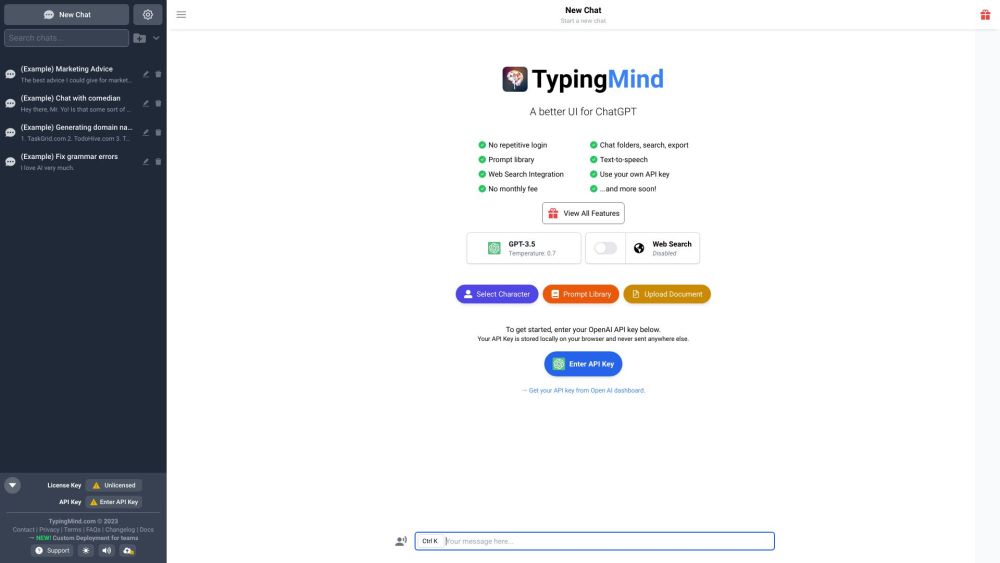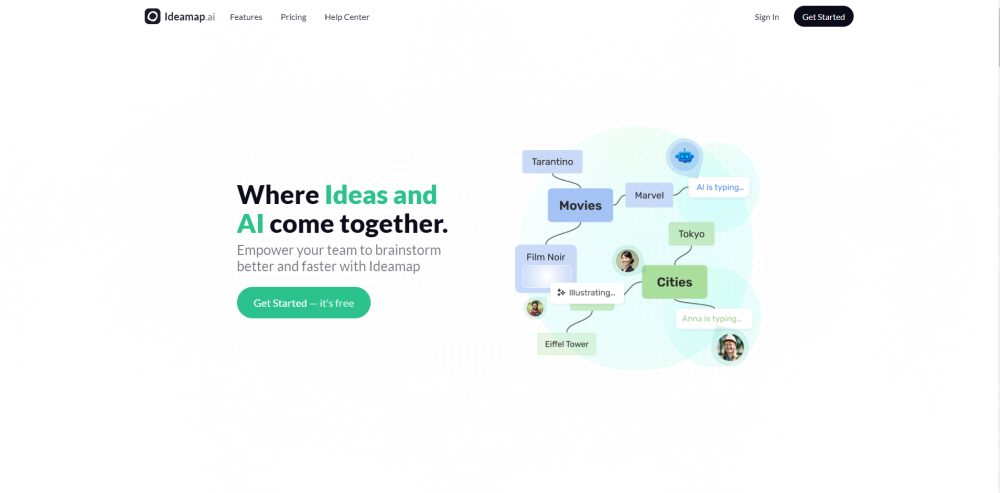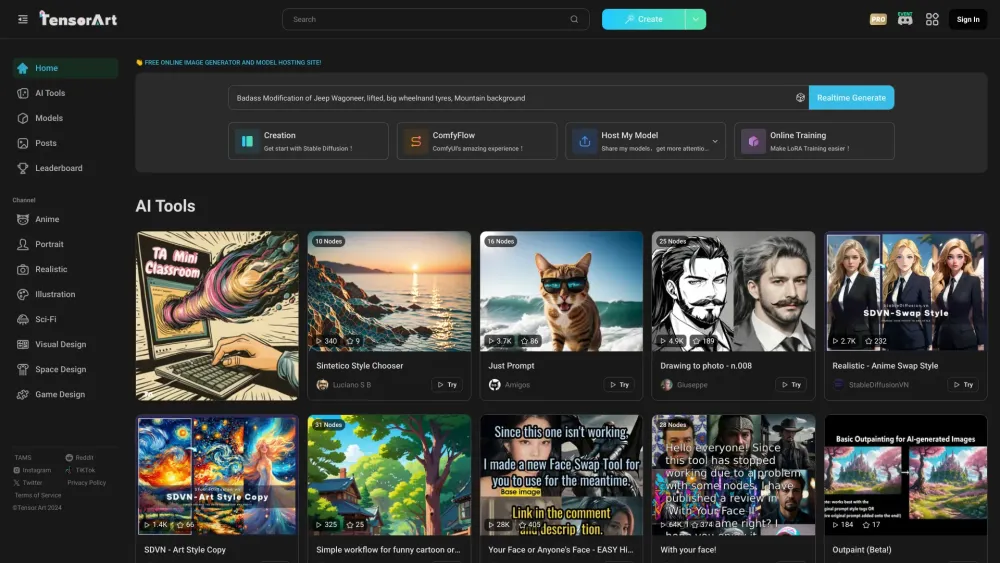Today at the Dreamforce customer conference in San Francisco, Salesforce unveiled Einstein Copilot Studio, an innovative tool designed to help customers personalize their Salesforce Einstein GPT and Einstein Copilot solutions.
Einstein Copilot Studio comprises three main components: the prompt builder, skills builder, and model builder, as explained by Clara Shih, CEO of Salesforce AI.
“The first component is the prompt builder, tailored for customers eager to modify the included prompt templates in Einstein GPT,” Shih stated. This functionality allows users to integrate unique prompts relevant to their products or brand, as well as features specific to their industry that may not be available with the standard offerings of Einstein GPT or Einstein Copilot.
The skills builder empowers organizations to enhance their prompts with custom actions. “With Skills Builder, Einstein Copilot goes beyond merely responding to queries about your data; companies can now specify which workflows Copilot can access and execute,” she added. Shih highlighted examples such as conducting competitor analyses or handling objections as practical applications.
The final component allows users to incorporate their own models or utilize third-party options like Anthropic, Cohere, Databricks, Google Cloud's Vertex AI, and OpenAI. “This is particularly geared toward enterprise companies with substantial data science teams who wish to implement their own models,” she noted, stressing this is an upgrade to the previously announced bring your own model feature.
Brent Leary, founder and principal analyst at CRM Essentials, emphasized that Studio bridges the gap for businesses seeking more than the basic tools. “The power of Studio lies in its integration of components from across the Salesforce platforms, drastically simplifying prompt and skills creation for admins to address real-world organizational needs,” Leary remarked.
Salesforce acknowledges the challenge of hallucinations—instances where models generate incorrect answers—as well as issues related to bias and inappropriate outputs that affect large language models. To mitigate these risks, Shih announced the development of the "Einstein Trust Layer," a framework designed to enhance security, governance, and data privacy.
Additionally, by leveraging data from Data Cloud, introduced last year at Dreamforce as Genie, Salesforce aims to provide reliable answers based on information stored in its databases. Shih explained that customers can also fine-tune prompts and skills in Studio based on question complexity and associated risks, determining whether a response can be fully automated or if a human should intervene. “For straightforward queries like ‘how much is a wire transfer?’, the risk of hallucination is low. However, for more significant transactions, it’s prudent to involve a human before proceeding,” she advised.
It’s important to recognize that there is currently no definitive method to completely eliminate hallucinations in large language models.
Although Shih acknowledges the potential for AI to displace certain jobs, she also foresees the creation of new roles. “We're at a pivotal moment; while some jobs will indeed be affected, new roles, such as prompt engineers, will emerge,” she noted. The Studio product could play a crucial role in this evolution.
Einstein Copilot Studio is set to enter the pilot phase this fall, with the Einstein Trust Layer expected to be widely available across the Einstein platform next month, although specific dates have not yet been disclosed.




